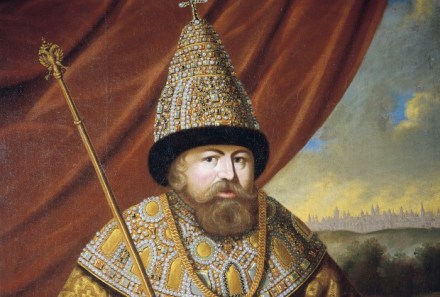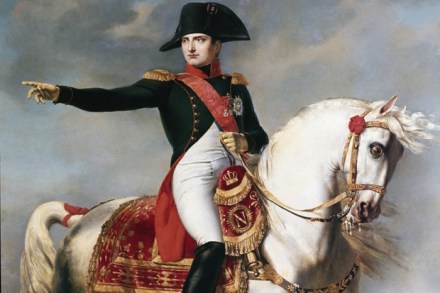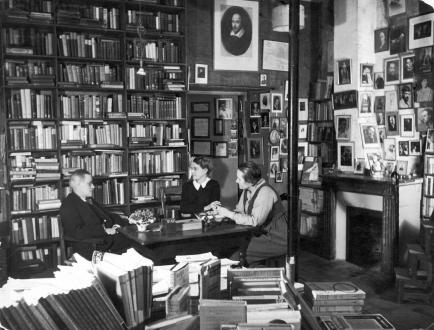Poland was no walkover for the Reich
‘The victor will never be asked if he told the truth,’ Hitler remarked on the eve of invading Poland in September 1939. Nobody believed his claim that Germany was acting in self-defence; but they did believe his carefully crafted propaganda to the effect that the Poles were so dumb they used cavalry armed with lances




